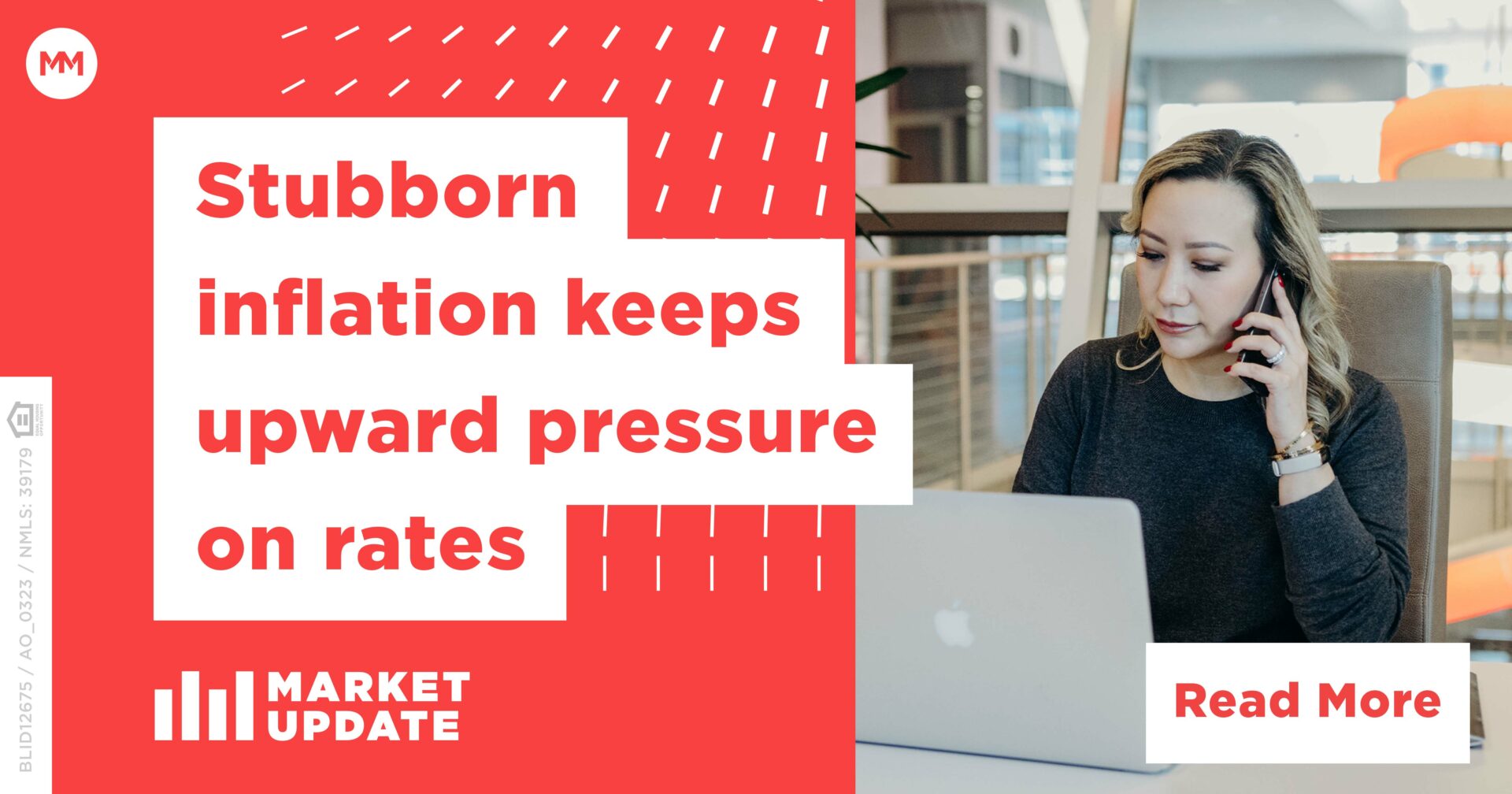[ad_1]
Treasury be aware yields spiked to kick off the primary few buying and selling days of March as traders continued to evaluate the Federal Reserve’s anticipated fee hike at its upcoming assembly. The yield on the 2-year Treasury be aware traded at its highest yield since 2006, closing out Thursday at 4.9%. In the meantime, the 10-year yield eclipsed 4%, growing to 4.066% by the top of buying and selling Thursday.
The Fed’s subsequent assembly will probably be March 21-22 and it's anticipated that committee members will vote for an additional 25-basis level fee hike. The query for traders is how lengthy the Fed will proceed to extend rates of interest and if it should revert again to a extra aggressive quantitative tightening (QT) stance that would probably imply bigger fee hikes. At the moment, the Fed is predicted to lift charges at the very least three extra occasions this yr as a substitute of two.
Inflation continues to be operating extraordinarily excessive and the labor market has remained strong regardless of the elevated federal funds fee. The total February jobs report from the Labor Division is about to be launched March 10, however the jobless claims launched within the first few days of March present the variety of Individuals submitting new claims for unemployment fell once more. The Labor Division additionally reported that labor prices grew quicker than beforehand reported in This fall, which suggests wages are going up which is maintaining inflation elevated.

Simmering underlying inflation has continued to place upward stress on mortgage rates of interest as we enter the final month of Q1. Freddie Mac’s 30-year fixed-rate mortgage common moved up by 15-basis factors week-over-week to settle in at 6.65%. Freddie Mac’s economists mentioned of their launch, “As we began the yr, the 30-year fixed-rate mortgage decreased with expectations of decrease financial progress, inflation and a loosening of financial coverage. Nevertheless, given sustained financial progress and continued inflation, mortgage charges boomeranged and are inching up towards seven p.c. Decrease mortgage charges again in January introduced consumers again into the market. Now that charges are shifting up, affordability is hindered and making it tough for potential consumers to behave, significantly for repeat consumers with current mortgages at lower than half of present charges.”
A silver lining for consumers is that one piece of the inflation puzzle that continues to chill is dwelling costs. December’s S&P CoreLogic Case Shiller nationwide dwelling value index elevated by simply 5.8% year-over-year. That's dramatically slower than the close to 20% tempo of progress we noticed for 2021. This additionally marked the sixth-straight month of declining dwelling value appreciation.
That declining dwelling value progress, together with mortgage charges that cooled off to begin the yr, helped get numerous homebuyers below contract in January. The Nationwide Affiliation of Realtors reported that signed contracts on properties elevated by 8.1% from December to January and marked the second straight month of progress.
Since that point, mortgage demand has fallen considerably as charges shortly rose once more. The Mortgage Bankers Affiliation’s weekly survey confirmed demand dropped by 5.7% week-over-week. Joel Kan, MBA’s Vice President and Deputy Chief Economist, mentioned within the information launch that, “After a short revival in software exercise in January when mortgage charges dropped to six.2 p.c, there has now been three straight weeks of declines in functions as mortgage charges have jumped 50 foundation factors over the previous month. Knowledge on inflation, employment, and financial exercise have signaled that inflation is probably not cooling as shortly as anticipated, which continues to place upward stress on charges.”
[ad_2]

